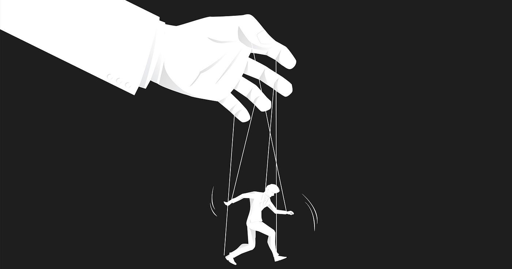- cross-posted to:
- pcgaming@lemmy.ca
- cross-posted to:
- pcgaming@lemmy.ca
I want to shed light on a tactic that involves collecting data as you play, feeding this data into complex algorithms and models that then alter the rules of your game under the hood to optimize spending opportunities.



Well, the missing context is that this is how a lot of gaming is tuned regardless. It’s pretty basic economy tuning to look at how long a task takes to complete and tune based on that (for games with grind, anyway, think RPGs).
So if you’re playing “Perfectly Fair Single Player RPG 3” there’s a more than fair chance that the developers looked at the expected completion time of a quest, plugged in that time into some spreadsheet and assigned XP and other rewards to the quest based on that, just to keep the XP curve of the game somewhat predictable. This is a big rabbit hole with a bunch of nuance, but for these purposes we can assume they at least started by doing that flat on all quests.
If you have a F2P game and you’re charging for things you can also grind I frankly don’t see a much better place to start.
Now, if your premise is that all design for engagement in F2P is gross because it’s servicing your business and all design for engagement in paid games is fine because that’s just seeking “fun”… well, I don’t know that gets fixed. I agree that pay-up-front games can benefit from getting the ugly matter of getting money from players out of the way early, but these days even those games are trying to upsell you into later content, sequels and other stuff, so the difference is rarely that stark.
I think there’s a conversation to be had about whether “good”, “fun” and “makes people want to engage more” should be seen as the same thing and, if not, what the difference is. It’s tricky and nuanced and I don’t know that you can expect every game to be on one end of that conversation. Sometimes a person just wants to click on a thing to make number go up, and that’s alright.
I think the incentives matter. Diablo II is about making number go up, but Diablo IV has an active incentive to slow you down and make that number go up at a certain rate so that they can upsell you again later. And rather than taking a hardline position, I’d at least ask the question out loud: Is it possible to have a business model for a game other than selling a good product at a fair price and not have it eventually evolve into something gross? Maybe the old shareware model, which is basically just a demo, but other than that, I’m not sure.